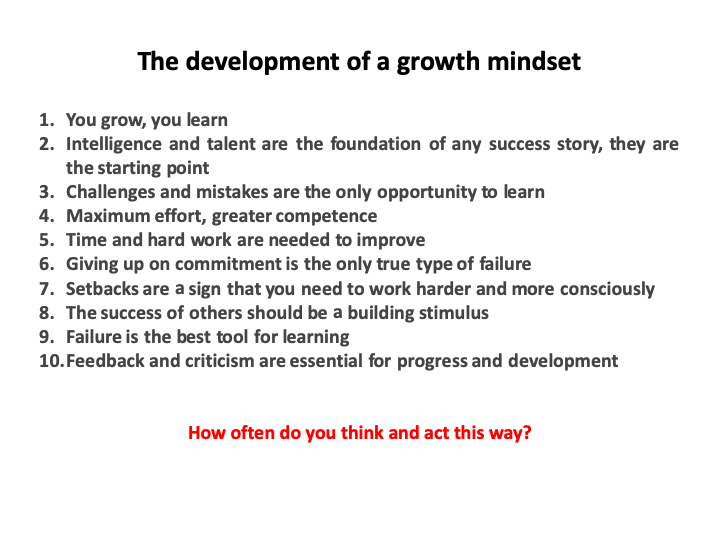“Grit” is a relatively new concept used to describe a particular attitude or mindset that combines determination, perseverance, passion, and inner strength.
Here are some key elements associated with grit:
- Determination - Grit is often characterized by a strong commitment to pursuing a long-term goal, without being discouraged by difficulties. Those with grit are willing to work hard and overcome obstacles to achieve success.
- Passion - Grit often arises from a deep passion for what one is trying to achieve. When a person is passionate about what they do, they are more likely to make the necessary efforts to succeed.
- Resilience - Grit also involves the ability to withstand adversity and failures. Those with grit don’t easily give up when things go wrong but instead look for ways to overcome obstacles and continue to make progress.
- Focus - Grit often entails intense concentration on goals and the ability to remain focused despite distractions. Those with grit are determined to stay on the path to success.
- Intrinsic Motivation - Grit is often driven by intrinsic motivation, meaning an internal desire to achieve something meaningful for oneself through one’s efforts.
In summary, grit is an attitude characterized by determination, passion, and resilience in pursuing goals. It is a quality that can be extremely useful for overcoming challenges and achieving success in various areas of life, including work, sports, and personal growth.
More info:
Frontini, R., Sigmundsson, H., Antunes, R., Silva, A. F., Lima, R., and Clemente, F. M. (2021). Passion, grit, and mindset in undergraduate sport sciences students. New Ideas Psychol. 62, 100870
Lee J. The Role of Grit in Organizational Performance During a Pandemic. Front Psychol. 2022 Jul 7;13:929517.






